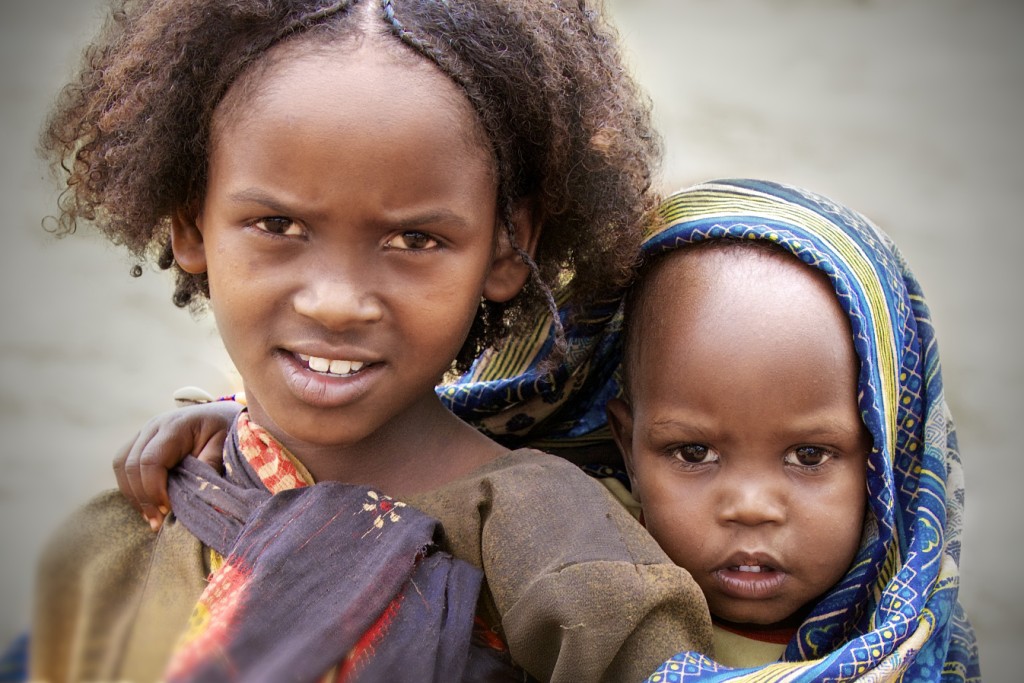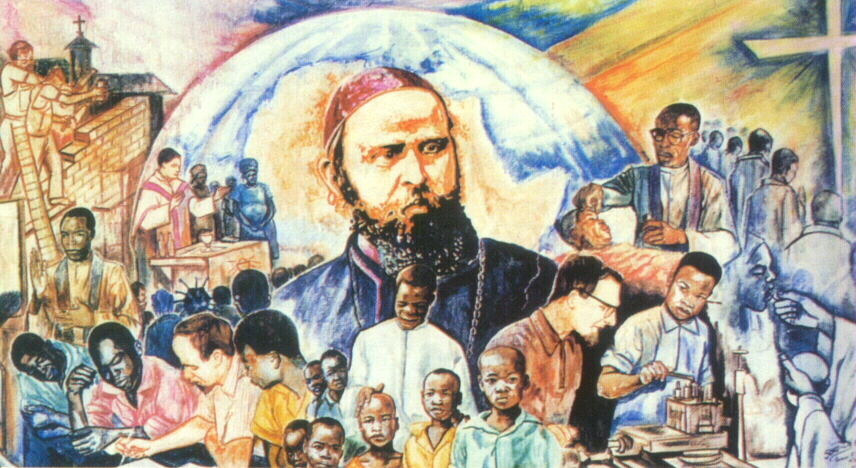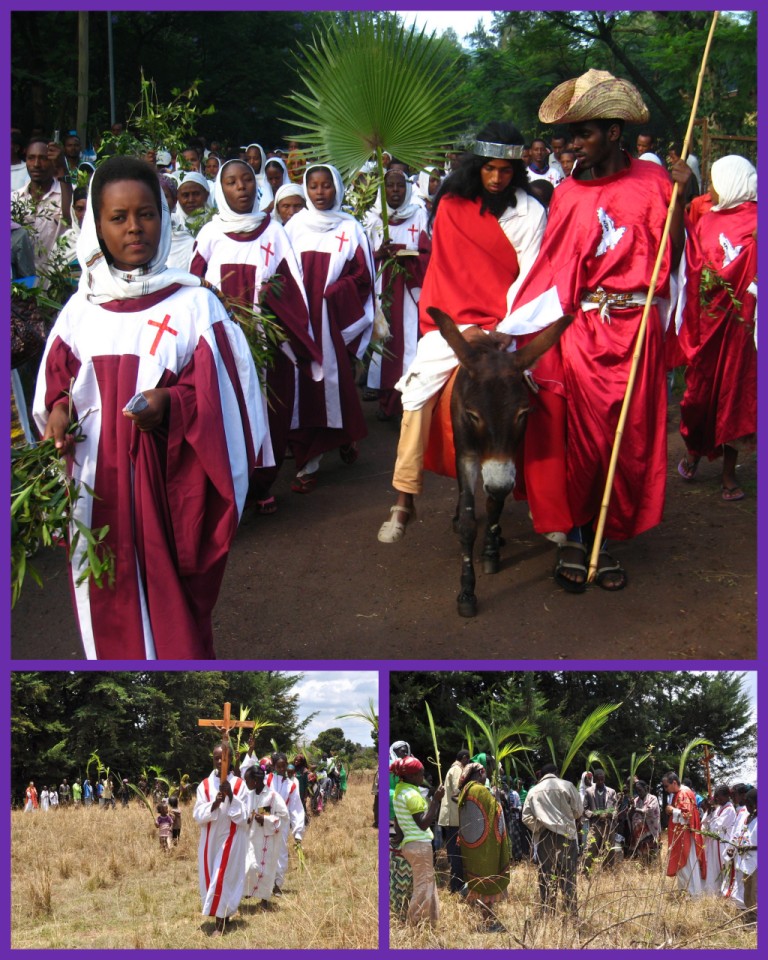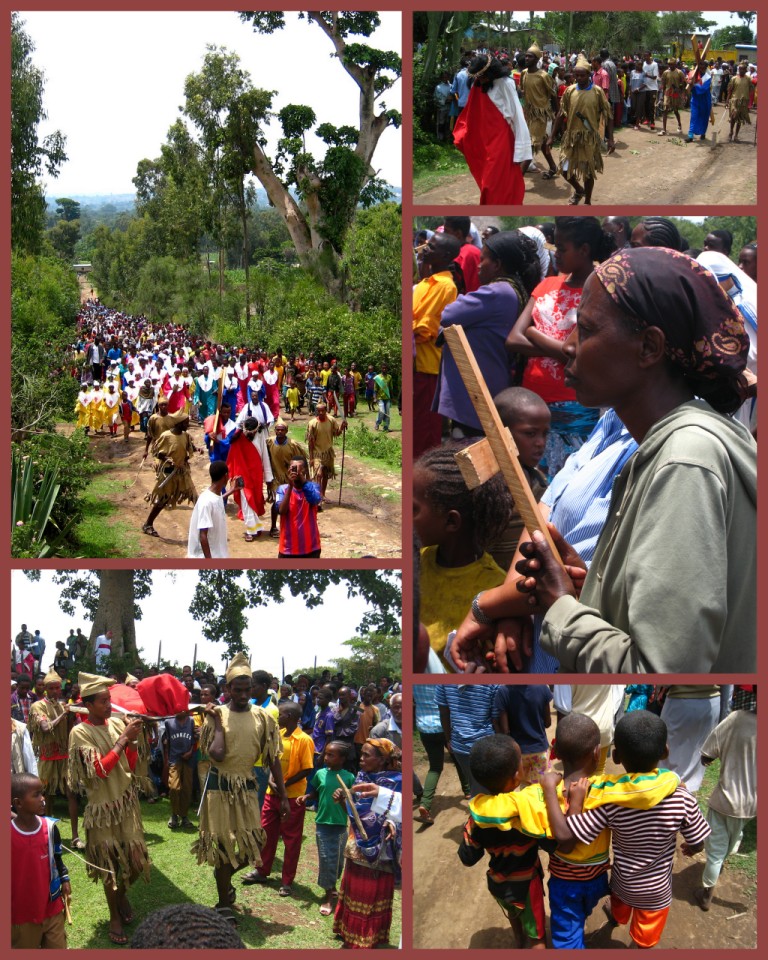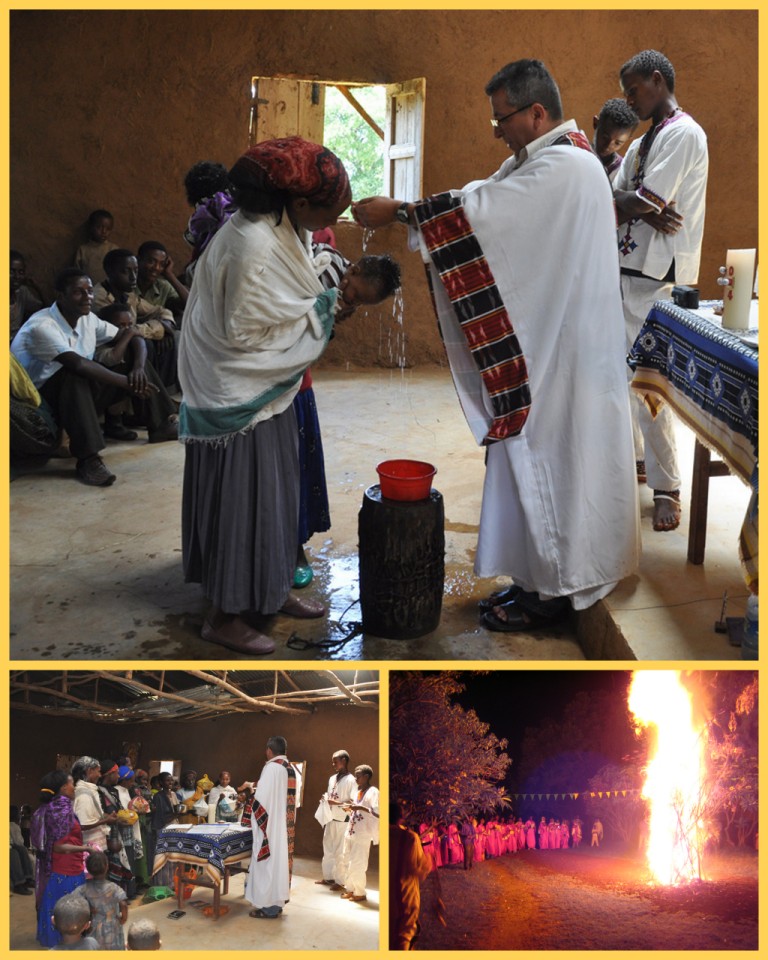Names have a unique significance and richness in Ethiopia and the naming of a child may come about in a few different ways. The country’s ancient Christian roots reveal themselves to this day in the naming of many new babies. As among other Christians throughout the world, it would be common to name a child after a person in the bible, one of the apostles or a saint. For example, common names here are Hanna,Solomon, Isaac and Yohannes (John).
But what is also common and beautifully unique here is that many Ethiopian names are compounds or small phrases rather than one word. Some examples of compound names are:
Ehitnesh – You are a sister
Terunesh – You are wonderful
Serkaddis – Always new
Zenebetch – She rained down
Engedawerq – Golden guest
Yibeltal – He is above
Yemiseratch – She who works
Nega – It became dawn
The meanings sometimes reveal the circumstance of the child’s birth, a personality trait that the parents see in the child or an aspiration of the parents for their child. For example, the name Tesfaye which means “My Hope” is frequently given by a mother who is very poor or single reflecting her hope for her child’s future goodness and success. Or a name like Mitiku meaning “Substitute” would be given to a child after the death of a brother or sister. One of our friends is named Teshale which means “He is feeling better” because he was born sick but pulled through.
Many compound names may also stem from the parents faith and reflect one of God’s characteristics. They are given to give reverence and thanks to God for the gift of the new life into this world, for example:
Meheretu – His Mercy
Gashow – His Shield
Mebratu – His Light
Gebre Mariam – Son of Mary
Habte Mikael – Gift of Micheal (if the parents had prayed to St. Michael the archangel for a baby)
Another unique feature is that there are no surnames. The tradition is that the first name of the child’s father becomes the child’s last name. Since my fathers name is Alex Banga, had I been born in Ethiopia I would have been named Mark Alex instead of Mark Banga. Also, a woman never takes her husbands name in marriage, instead she keeps her fathers first name.
Because the Amharic names still sound ‘foreign’ to our ears we don’t notice how different the names are. Meheretu enters our mind as Meheretu and is quickly classified as a foreign word, not decoded into its Amharic meaning. But if we stop to think about what we are hearing it’s quite peculiar for us. The compound names shown above do not symbolize the meaning but are in fact the literal words. Just imagine if you overheard this conversation:
“Good morning His Shield”
“Hi You are Wonderful, how are you doing? Did you see My Hope last night”
“No, My Hope did not come to the party but He is feeling better was there with his new girlfriend She is sister.”
The names have on one hand been helpful to learn Amharic, because we have not needed to remember a lot of names as new vocabulary. We can translate someone’s name into the literal meaning which both reinforces the Amharic grammar and helps us remember their name. Bonus! But on one hand it has been difficult. Perhaps in reading the little conversation above you were confused? This often happens to us for example when listening to the radio. We are not always sure if the broadcast is about the government or if the person who is being interviewed is named The Government! Also several names can be used for both boys and girls. For example, Tesfaye – My hope or Fiqere – My love.
As for our names, although Maggie is a short name and easy to spell in the Amharic alphabet (only 2 characters!) there is no equivalent or similar Amharic word so they struggle a little to remember it. We have found it funny that if Maggie says her long name with a Spanish twist and calls herself Margarita they have no trouble remembering! But for me, there is no easier name to recognize under the Ethiopian sun than one of the Gospel writers, Markos.
– Mark & Maggie Banga
Comboni Lay Missionaries serving in Awassa, Ethiopia




